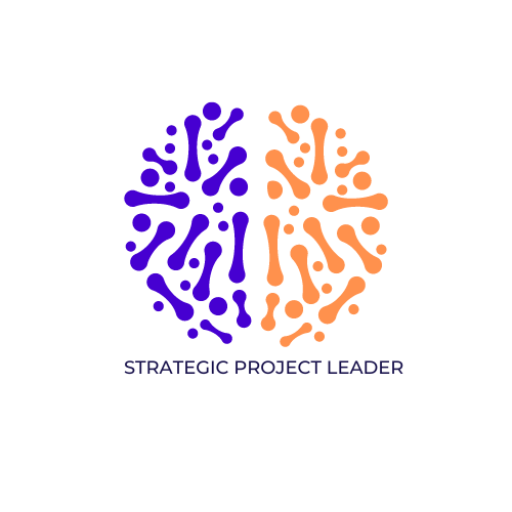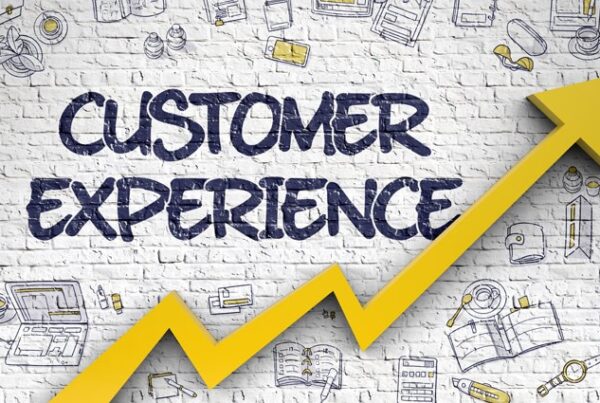In this unprecedented time of the COVID-19 outbreak, with so much uncertainty, one thing is for certain; no one knows when or how this ends. The situation has forced individuals and organizations alike to reevaluate how to ensure sustainability through this crisis.
In adapting to change, the simple steps below should help us all pull through these perilous times:
- Leading with empathy and compassion – As we all know, everyone is affected by this coronavirus outbreak. The world as a whole needs to come together as a team with the realization that we are a people. In this vein, organizations and their leaders need to see employees as humans, not just numbers. Let’s take proactive measures to support each other and be sensitive to others. People are going through a lot; the fact that one has it all together now does not mean the next person does. For example, I know of someone who lost her mum and dad in the same week – just this past week, talk about compounding crisis!
- Employee communication, engagement and trust – Leaders and people managers need to keep their team members engaged and motivated. Trust is vital in ensuring that where possible, business operations continue (even if by remote means). Leaders need to build trust, knowing that as employees are working remotely, they are accountable and will get the job done. This is not the time for micromanaging – especially through virtual means.
- Recognition and appreciation – We all need to show appreciation, especially in these times where there are so many demotivating factors all around. For people who show up each day, both mentally and physically striving to add value, providing support, and lending a helping hand to others, should all be appreciated. It could be as simple as a “thank you”. It goes a long way and could boost and increase morale.
- Feedback – Mechanisms should be put in place by leadership for employees to provide input on what is working and what could be improved upon. Leaders need to listen more to the perspective of their employees. These employees are the ones on the frontlines and are experiencing the effect of this new normal. They are being impacted the most by this change. i.e. working conditions, direct exposure to the virus and isolation. The effect on people could vary from person to person, and the individualized impact shouldn’t be underestimated – especially mental health.
- Timely messaging from the senior leadership – Communication is crucial, and the messaging is even more powerful when it comes from someone in authority; c-suite messaging to employees. Employees are more inclined to listen and follow through on these messages. This is the time where our c-suite executives need to regularly communicate with the organizations to help reduce the level of anxiety of employees and create an environment where employees feel less apprehensive and have a much more positive outlook of the future.
- Accountability mechanism – Leadership should put in place mechanisms for tracking and ensuring expectations are set and understood by all parties. There is so much fear permeating this period more than ever before, as people tend to be less focused and more uncertain. People leaders, let your team members know what is required of them, assist by providing programs and incentives to help them stay on task and meet the set expectations. Create rules and accountability, so employees are empowered to act.
- Intentional connection – Leaders should make it intentional to connect with employees, and employees should in-turn check up on colleagues – even those colleagues that one hardly dealt with before the crisis, helping bolster relationships and also reset ailing ones.
One thing is sure, as an effect of this current crisis, organizations and individuals are having to employ new strategies of working. Parents are now full-time teachers for their kids while working all of the time virtually. We all should hone in on innovation and creativity by continuing to explore ways to keep on tasks with work and family schedules, staying hygienic and remembering to take time to attend to both mental and physical health.
Remember, in the words of Ken Blanchard “no one person is as smart as all of us”.
The virus – though biological in nature – is not human and has no conscience. However, we humans, the carriers, are with a conscience, thus, we all should help limit it’s spread by following the relevant jurisdictional healthcare guidelines, i.e., performing continuous hygiene, social distancing et al.
Let’s join together to help flatten the curve of this COVID-19 pandemic. For people of faith, connect and draw strength from your faith, hope and belief system. The actions we take today will determine the outcome of our tomorrow.
Thank you to everyone, most notably to our first responders who are doing an extraordinary job, fighting to save lives, to the scientist working tirelessly to find a cure to this virus and the health care workers who are working round the clock taking care of the elderly and vulnerable – your hard work is appreciated. Thank you once again!
We will get through this together, stronger as a people, resilient and ready for the next challenge!






